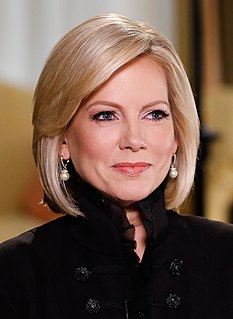A Quote by Carl Icahn
When you have no one to answer to, vendetta as investment strategy is as legitimate as anything.
Quote Topics
Related Quotes
It's something, since the nomination and confirmation hearings of Justice Ginsberg, that's really become kind of an unwritten rule, this "I can't answer a question if it's a potential issue that's going to come before me on the Supreme Court." I think that most senators have come to accept that as a very legitimate answer. They don't love it, they're not happy, but it is legitimate when you put it in that context.
Too many politicians seem to reach for 'infrastructure' as the default answer to investment, as if roads and bridges were the answer to everything. Even the IMF and the World Bank seem to mainly offer infrastructure spending as an alternative to austerity, although they are right to focus on the need for investment.
Occasionally we are asked whether it would make sense to modify our investment strategy to perform better in today's financial climate. Our answer, as you might guess, is: No! It would be easyfor us to capitulate to the runaway bull market in growth and technology stocks. And foolhardy. And irresponsible. And unconscionable. It is always easiest to run with the herd; at times, it can take a deep reservoir of courage and conviction to stand apart from it. Yet distancing yourself from the crowd is an essential component of long-term investment success.
These results add up to perhaps the most important investment lesson of all that can be drawn from this week's market anniversaries: Predicting turns in the market is incredibly difficult to do consistently well. That means that, if your investment strategy going forward is dependent on your anticipating major market turning points, your chances of success are extremely low.


































